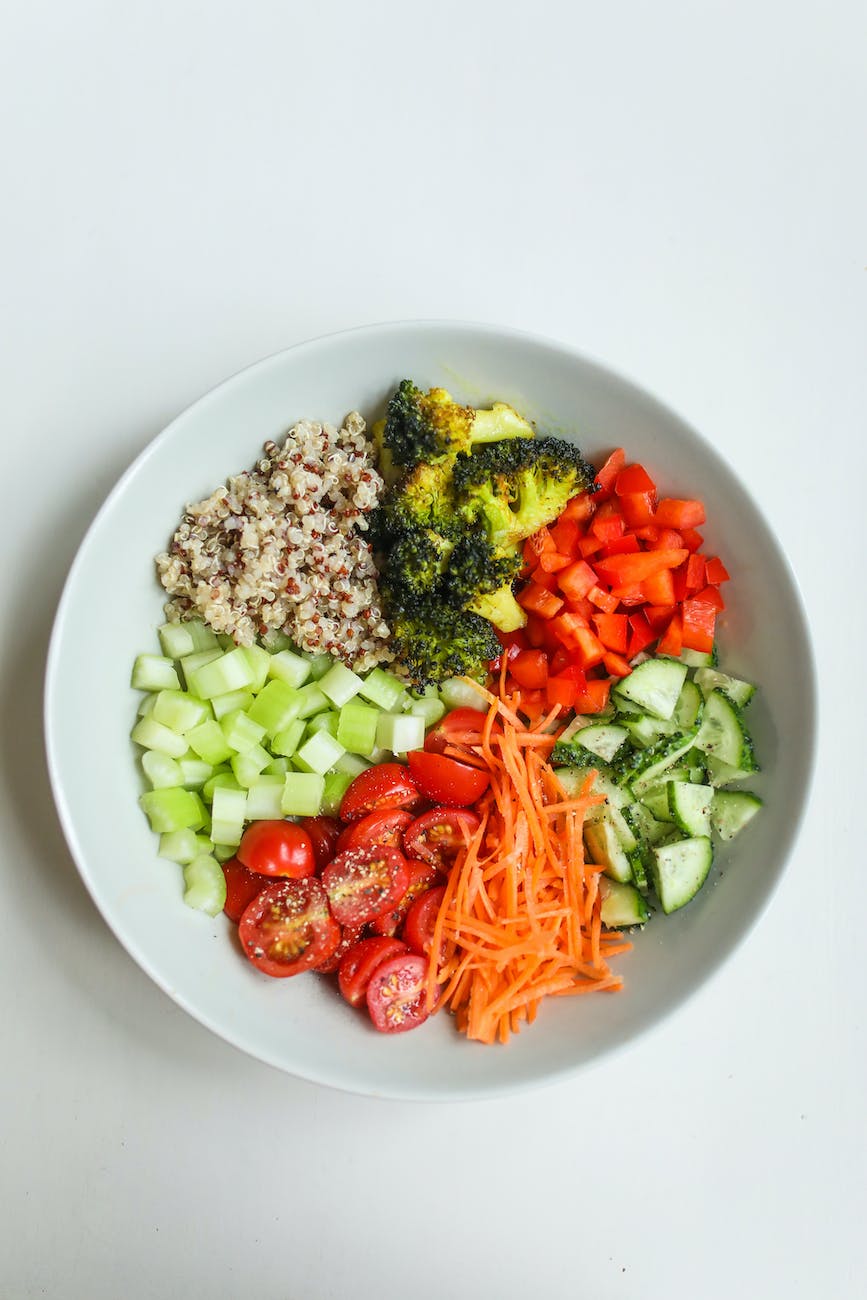Eating clean has become more and more confusing, more so since we know more about gut health and poor marketing on food items distracts us from the real clean foods.
The easy way to eat clean
Eating clean is a simple way of eating that can have a profound impact on your health. It involves consuming whole, unprocessed foods and avoiding the pitfalls of modern food marketing. By preparing your meals from scratch and learning to cook your favourite dishes at home, you can take control of what goes into your body. This approach not only promotes physical well-being but also empowers you to make informed choices about your diet. Say goodbye to heavily processed products and embrace a healthier, more natural way of eating.
The Significance of Unprocessed Foods and Gut Health
In the contemporary food landscape, there is a prevalent trend towards ultra-refined and over-processed foods. These products, while convenient, often lack the essential beneficial bacteria required for maintaining gut health. These “good” bacteria are vital for the effective functioning and healing of our digestive system.
When our diets consist mainly of ultra-refined and over-processed foods, we inadvertently deprive our bodies of the crucial elements necessary for gut health. As a result, the delicate balance of beneficial bacteria in our gut is disrupted, potentially leading to digestive issues and overall health complications.
It is therefore imperative to emphasise the consumption of unprocessed and minimally processed foods, as they inherently retain a higher content of these beneficial bacteria. By prioritising whole and natural foods, individuals can actively support the restoration and maintenance of a healthy gut microbiome.
In essence, by consciously opting for unprocessed foods, we empower our bodies with the essential components needed to sustain a healthy and balanced gut, contributing to overall well-being.
Avoiding Marketing on Food Packets
When dealing with dietary restrictions such as gluten intolerance, it’s crucial not to rely solely on products labeled “gluten-free”. While these items may seem like the perfect solution, they often contain a multitude of chemicals designed to emulate the taste and texture of gluten. These chemical substitutes may not align with your health goals, potentially introducing unwanted or harmful elements into your diet. Therefore, it’s important to carefully assess the ingredients of these products to make informed choices for your well-being.
